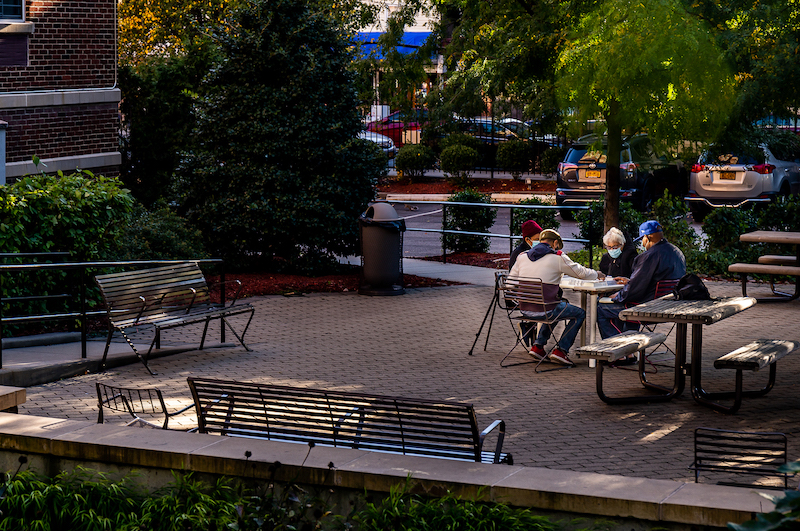
"An estimated 158,214 households are eligible for SCRIE or DRIE-but only 67,132 are currently enrolled. That means nearly 57.6 percent of tenants who could be protected may still face avoidable rent hikes in the months ahead. For decades, Vincient Grillo, a 61-year-old lifelong New Yorker in Upper Manhattan, lived quietly in his family's rent-controlled apartment. Like many older New Yorkers on fixed incomes, he worried about what would happen when his lease expired and his rent increased."
"The Rent Guidelines Board recently approved new increases for tenants in rent-stabilized apartments. The most recent order applies to leases commencing on or after Oct. 1, 2025, through Sept. 30, 2026. If your lease renews during this time, a one-year lease may rise by 3 percent, while a two-year lease could increase by up to 4.5 percent. For many older adults and people with disabilities, those hikes come on top of already rising costs for groceries, medications, and utilities."
An estimated 158,214 New York City households qualify for SCRIE or DRIE, but only 67,132 are enrolled, leaving about 57.6 percent at risk of rent hikes. The Rent Freeze Program, which includes Senior Citizen Rent Increase Exemption (SCRIE) and Disability Rent Increase Exemption (DRIE), allows eligible tenants to lock rent at current amounts while landlords receive tax credits. A case example shows outreach assistance reduced a tenant's rent from $900 to $563, enabling him to remain in his lifelong home. The Rent Guidelines Board approved 3 percent increases for one-year leases and up to 4.5 percent for two-year leases (Oct. 1, 2025–Sept. 30, 2026), which may exacerbate cost pressures for older adults and people with disabilities. Expanded outreach and enrollment assistance can prevent avoidable displacement.
Read at City Limits
Unable to calculate read time
Collection
[
|
...
]